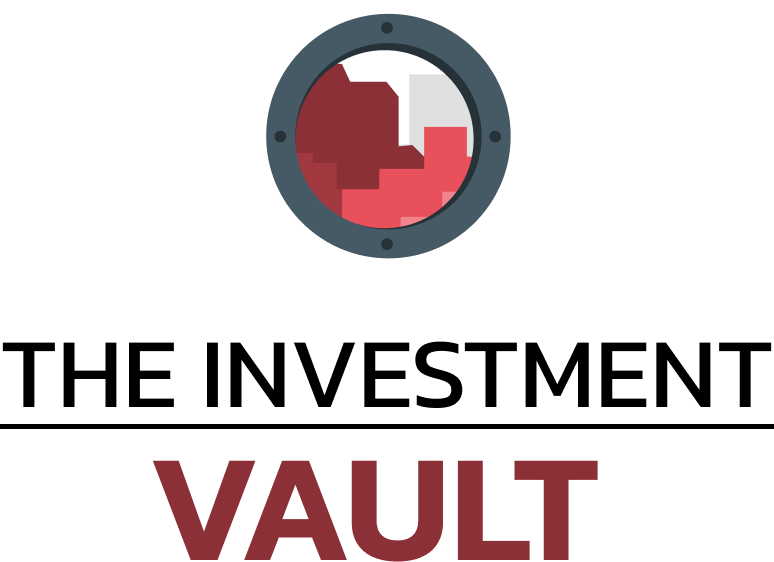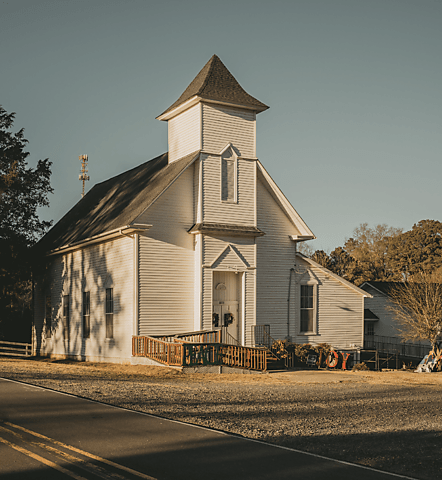North Carolina officials announced a long sought‐after victory in early 2022: VinFast, a Vietnamese electric vehicle startup, will invest $4 billion to build a 2,000-acre automotive factory in Chatham County, creating 7,500 jobs for the community as it helps to restore the state to its former industrial glory.
But skepticism grew about the plan as more details were released. The state intends to use eminent domain to purchase and then demolish over two dozen homes, five local businesses, and the century‐old Merry Oaks Baptist Church. Officials announced a bevy of grants and tax breaks for VinFast in the form of a $1.2 billion incentive package, courtesy of taxpayers. VinFast went public by merging with a special purpose acquisition company last August, opening at $10 a share and quickly running up to $93 before falling hard back to earth. Shares closed at about $2.40 on April 22.
And while the electric vehicle market was still buzzing in early 2022, optimism for the industry’s outlook had dipped sharply by the time VinFast actually broke ground in summer 2023. It doesn’t help that VinFast has burned through $5.8 billion over the last three years as it vies to gain traction in the cutthroat industry.
In the first edition of Free Society, the Cato Institute’s new quarterly magazine, we dove into VinFast’s plans for the factory, why North Carolina officials handed out a $1.2 billion incentive package, and the concerns of many Chatham County residents who feel like they’ve been forced to watch all these developments from the sidelines.
One of those residents, 76‐year‐old Lena Stone, built a house in the 1970s that she still lives in today, surrounded by kids and grandkids just a short drive away. The quiet life she’d spent decades building was upended in August 2022, when she was informed at a community meeting that her home was in the way of infrastructure improvements and other construction necessary for VinFast’s factory.
“It’s more like, ‘This is how it’s going to be,’ versus giving us options, so it was kind of a shock,” said Karley Michelle, Stone’s granddaughter. “She’s really had a hard time with it because she’s 76, and she’s been there ever since she was in her 20s.”
Since publishing this story, local news outlets reported that construction has stalled as VinFast seeks permit approval for a new factory design. Two law firms also just filed a class action lawsuit against VinFast on behalf of shareholders who allege that the company overstated the strength of its business and made other misleading statements. A VinFast spokesperson said that the allegations in the lawsuit are “not accurate.”
Read the full story in the first edition of Free Society. You can also listen to this episode of Cato Daily Podcast on VinFast’s plans and the fallout in Chatham County.




